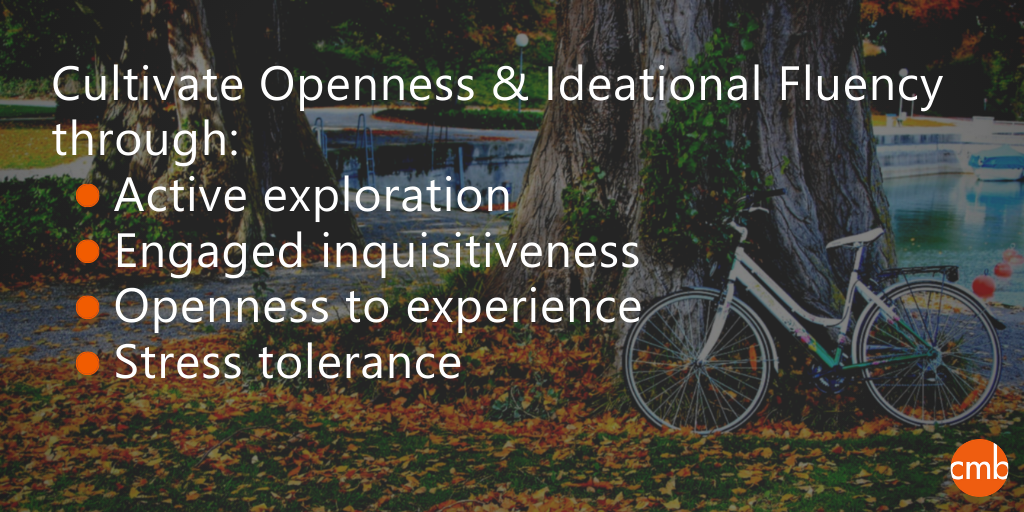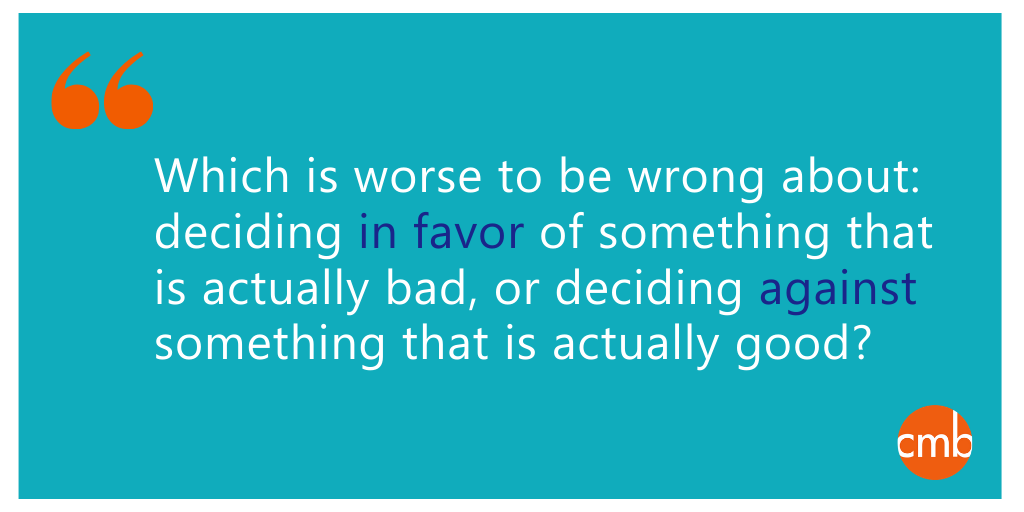It’s about a 3 min. read.
Maybe a lack of curiosity CAN kill the consumer insights professional. Speakers at the Insights Association’s Corporate Researcher’s Conference choraled symphony of voices around the concepts of exploration, trust, and curiosity. With the click of a button, Microsoft’s Anne Sedgwick and Anil Damodarans’ voices were transcribed into real-time closed captions as they shared how humans and AI make “a great orchestra.”
Here are some other key takeaways from the conference:
We live in a VUCA world (volatile, uncertain, complex, ambiguous), began Alison Horstmeyer in her “Unpacking Curiosity” presentation. Alison asked each of us to pick a photo and answer key questions. My picture was a bike leaning on a tree on a beautiful autumn day. She asked what happened the minute before this picture was taken. She asked what will happen in the next minute. She asked what the most significant thing in the photo is and what the key emotions are. Throughout the session, she motivated exploratory behavior in us, asking us to be resilient, curious, and open. Thanks to her exercise, I could see more opportunities to cultivate openness and ideational fluency, through continuing to venture out of our boxes through: 1) active exploration, 2) engaged inquisitiveness, 3) openness to experience and 4) stress tolerance. She described the value of P.R.O.B.E. or Presence (open ended, listening), Reframe (‘how might we…’), Openness (“tell me more”), Bravery (resilience), Experimentation (attempts in learning).

In a world where the market research industry typically statistically tests at a 90% confidence, Elizabeth challenges us with a simple question: puppy or not a puppy? Using this example to describe algorithm training in machine learning, she talked about how in a world of disruptors and disruption, we need to always think about the payoff. Don’t let the world mire you in decisions with minimal downside. Incrementality requires one set of decisions. Leaps require new models. Which is worse to be wrong about: deciding in favor of something that is actually bad or deciding against something that’s actually good? We can underfit our models (too simplistic to really explain the variance), overfit (add too many options into the possibility so we don’t risk excluding…this makes it hard to replicate). She said a typing tool with the least number of questions yielding the most ‘accurate enough’ output is the one to go with. She challenged us to not over-define things…after all, there’s a downside to being thorough. She encouraged us not to pursue ‘right’ but instead to pursue the ‘right’ amount of ‘wrong’ by setting a risk-based approach. Although pup could be a dog or a seal, ultimately, we are looking for the right amount of wrong.

Want to know about emotional and functional barriers to diagnosing and treating Alzheimer’s? STDs? Topics that Merck and Brado were noodling on included the elephant in the room…was it possible that the qualitative moderator impeded their authenticity by their very physical presence? Could they possibly launch self-moderated, consumer-to-consumer (C2C) discussions? They tried it. And they spoke about how C2C is messy, but the potential payoff exceeded the risks, so they recruited consumers, and, for Alzheimer’s, they asked that person to recruit a few friends for the ‘friend’ groups. They asked these groups to hold ‘book club’ style sessions in their homes and to videotape them. For the STD discussion, they found that C2C ‘stranger’ sessions—recruited on a guide, and then brought to a facility—worked best.
Can you embrace curiosity, and the need to experiment? Eric shared the magic that can happen at the intersection of emergent technologies such as Artificial Intelligence and human psychology. If you believe that superintelligence is possible, that intersection shifts the way we tell and consume stories. Eric showed us advertisements that were created by AI, such as this ad by McCann for Clorets gum; And, on watching, tweeting, and other behavior, I must have shifted Google’s algorithms, because I got served up the coolest, craziest ad. Does emergent technology disrupt? That girl be a tomboy.
Jeffrey Henning presented the new Insights Professional Certification program which will launch in 2020. The IPC is an upcoming @InsightsMRX program, backed by @BurkeInstitute, @CambiarConsults, @ResearchRocks, @Rivainc, and the @MRII_UGA and includes 5 new topic certifications (IPC Analytics, Practitioner, Qualitative, Quantitative, and Specialist). Click here to learn more.